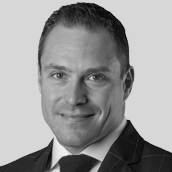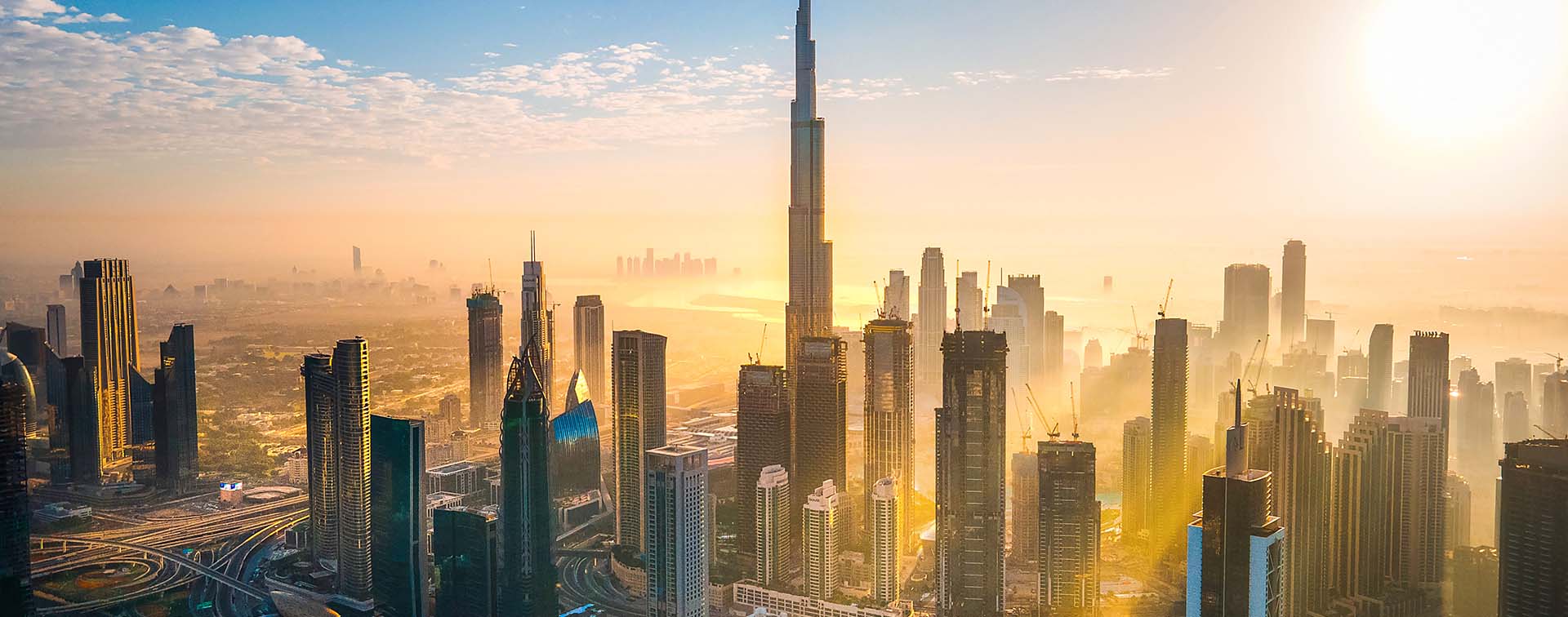
Philippe Amarante is a Managing Partner at Henley & Partners and the Head of the firm’s Dubai and Pakistan offices.
The UAE saw the highest net inflow of millionaires in the world in 2022, with 5,200 more high-net-worth individuals relocating to the country than leaving, and this year the private wealth hub is forecast to receive a net inflow of another 4,500. The influx of affluent investors has seen the investment migration sector in the Middle East continue to experience significant growth in 2023, with several interesting changes and developments.
Demand for European residence and citizenship by investment programs is increasing among our Middle Eastern clientele. Many high- and ultra-high-net-worth individuals in the region are seeking to obtain additional residence and/or citizenship options in Europe due to its stable economies, high standard of living, and access to high-quality education and healthcare. Countries such as Malta, Portugal, and Spain remain popular choices among investors based in the Middle East.

There is a growing interest in impact investing in the wealth management industry in the Middle East, which involves investing in companies or projects that have a positive social or environmental impact in addition to generating financial returns. This trend is particularly relevant to the investment migration sector, as some countries are now offering programs that require investors to make sustainable and socially responsible investments.
This trend is likely to continue in the coming years as investors increasingly prioritize investments that have a positive impact on society and the environment. One success story is in Antigua and Barbuda, where inflows from its citizenship by investment program have been a major driver in the country’s transition to renewable energy, with thousands of solar panels installed on government buildings and land throughout the island nation, in significant part paid for by the program.
There have been changes to the requirements and regulations for investment migration programs in some countries. For example, Greece’s Golden Visa Program currently requires a minimum real estate investment of EUR 250,000 to be eligible for a renewable five-year residence permit, but effective 1 August 2023, the real estate investment will double to USD 500,000 in certain parts of the country. Certain programs have introduced stricter due diligence and vetting procedures to ensure that only legitimate and qualified investors are granted residence or citizenship.
The UAE’s Golden Residence visa is now valid for an initial period of 10 years across all investment categories. UAE Residence by Investment includes a real estate option with a minimum investment of AED 2 million (approximately USD 550,000).
A recent development in the Middle East is the launch of the DIFC Family Wealth Centre in Dubai. A collaboration between the Dubai International Financial Centre (DIFC) and various wealth management advisory firms, the center aims to provide tailored wealth management solutions to high- and ultra-high-net-worth individuals in the region.
The DIFC Family Wealth Center is set to play a significant role in the investment migration sector, as it aims to provide clients with comprehensive advice on investment migration options and help them navigate the various residence and citizenship by investment programs available. This is likely to further increase the demand in the Middle East, as the center offers convenient and trusted resources for those seeking to obtain alternative residence and/or additional citizenship.
There has been a greater focus on digitalization and technology in the wealth management industry in the Middle East. Many firms are investing in digital platforms and tools to enhance the client experience and provide more efficient and personalized services. This trend is likely to continue, with more investment migration host countries introducing digital platforms to streamline the application process for their programs.
Along with growing interest in impact investing, the launch of the DIFC Family Wealth Center and digitalization are important regional wealth management industry developments that are likely to influence the investment migration sector. These developments reflect a growing focus on providing tailored and socially responsible solutions to clients, while also leveraging technology to enhance the client experience.